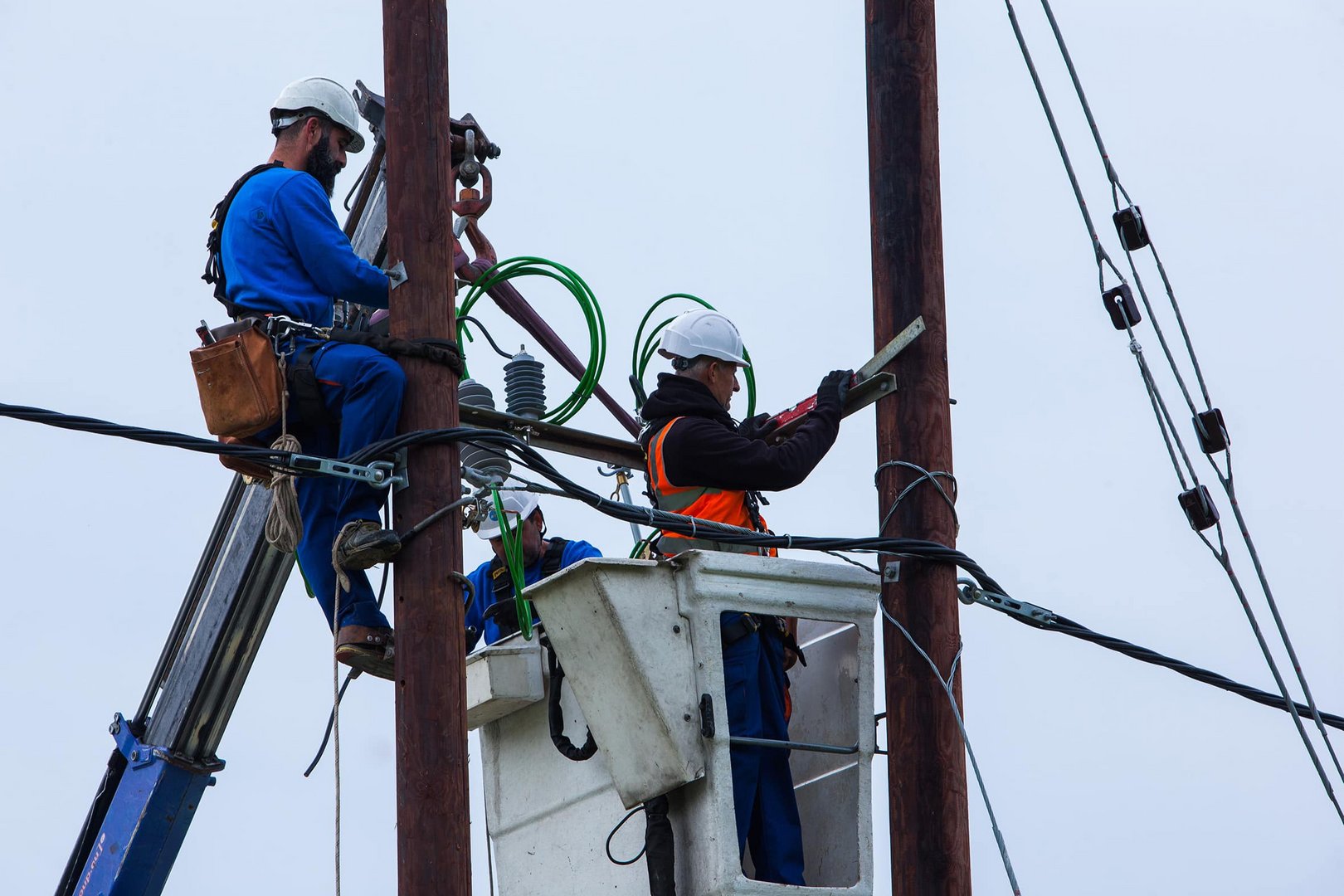Power cuts, not exceeding 30 minutes, were made in different parts of the country every day in the last fortnight by the Transmission System Operator (TSO). This was necessary to avoid a blackout at a time when demand for electricity was at its peak because of the high temperatures, the TSO said, explaining that its main concern was the management of the available electricity in a way that would not crash the system.
In the end, the power shortage was handled very well by the TSO, which claimed the average power cut time per area was about 19 minutes, which was manageable. Neither households nor businesses were greatly inconvenienced, apart from people unfortunate enough to have been trapped in a lift when the power went out.
Although the situation was managed well, we should never have been in such a position, maintained Kyriacos Hadjiyiannis, the Disy deputy who is president of the House energy committee, and he had a point. Speaking on the radio on Monday, he slammed all governments for the non-existent energy policy, to which they had all contributed. Policies existed only on paper and their implementation never happened.
What was worse was the lack of urgency. None of the policies being pursued by the government are expected to be completed before 2029, said Hadjiyiannis. It will take another four years for LNG to be imported and given the consistent failure of the last couple of decades nobody would bet on this actually happening. The Great Sea Interconnector (GSI), that will bring electricity from Greece, will also be completed in four years, if it ever goes ahead – two ministers currently disagree about the project, the finance minister insisting it is unviable.
There is also the matter of investing in new generators for the Dhekelia power station which the EAC had been putting off for some time, something that had caused an industrial dispute with the mighty unions of the authority. This, apparently, will also go ahead over the next few years, as will investment in energy storage so we could fully utilise the power produced by renewable energy sources (RES), part of which is wasted.
But even the storage, according to Hadjiyiannis, is being delayed by the government which, allegedly, was seeking the approval of the EAC unions. Private businesses have proposed the setting up of storage facilities but are still awaiting a reply, the government, according to the Disy deputy, unwilling to go ahead without the consent of the EAC unions, which have been calling the shots for years.
Not that this absolves politicians of the responsibility for the complete mess that is our energy policy. The failure to import LNG cannot be blamed on the obstructive tactics of the EAC unions, but the delay in opening the electricity market to competition is exclusively their responsibility – they wanted to keep the authority’s monopoly for as long as possible. The energy market will be opened at long last in October, but nobody expects this will have a significant impact on the price of electricity, not even the energy minister.
It will be another failure to add to consistently failing state energy policy.






Click here to change your cookie preferences